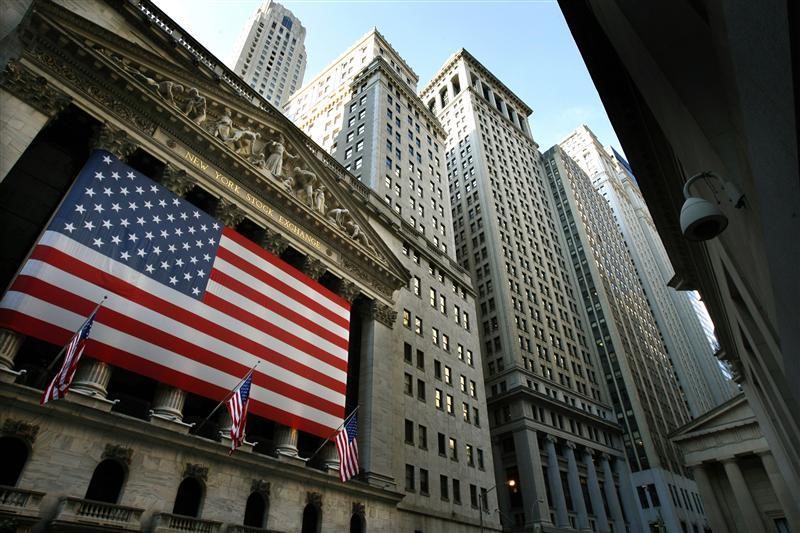Investing.com’s stocks of the week
By Geoffrey Smith
Investing.com -- U.S. stock markets tumbled in early trade on Thursday as technical factors in the bond market combined with fears over the strength of the economic recovery and concerns about regulatory actions, both in the U.S. and China.
By 9:45 AM ET (1345 GMT), the Dow Jones Industrial Average was down 472 points, or 1.4%, at 34,210 points, while the S&P 500 was down 1.5%. The Nasdaq Composite meanwhile underperformed with a drop of 1.6%. The S&P and Nasdaq had both closed at new record highs on Wednesday.
Stocks were hit by, among other things, a modest rise in initial jobless claims that suggested that progress in the labor market is stalling, along with news of antitrust initiatives in the U.S. and China. Railroad stocks were hit by a Wall Street Journal report that the Biden administration is planning an executive order to break the market power of big transportation companies, while China's antitrust regulator handed out a series of maximum fines that again weighed on Chinese ADRs.
Kansas City Southern (NYSE:KSU) stock fell 8.0% on concerns that the administration will stop the takeover battle currently being waged for it by Canadian Pacific Railway (NYSE:CP) and Canadian National Railway (NYSE:CNI), anxious to prevent any further concentration in the sector.
Alphabet (NASDAQ:GOOG) stock also fell 1.3%, after a raft of states filed suit against it for allegedly abusing its dominant position as operator of the Google (NASDAQ:GOOGL) Play store. The action was the latest regulatory headache for Big Tech but failed to generate any underperformance for the stock.
Sentiment was also spooked by the sharp fall in U.S. Treasury yields in recent days, which has as usual weighed heavily on banking stocks. However, some analysts warned that there may be less to this than meets the eye. Marc Ostwald, chief strategist with ADM ISI in London, said in a morning note that much of the decline in yields was due to new Treasury issuance calendar going through a dry spell, while the Federal Reserve's quantitative easing program has continued at the same frenetic pace.
"I don’t think that we really need to ascribe much of the Treasury moves to the growth and inflation outlooks, but rather to the dynamics and structural forces in place in the U.S. Treasury market," Ostwald said. He noted that the Institute of Supply Management's non-manufacturing index, despite its surprise fall last week, remains well above anything seen in recent pre-pandemic times.
Chinese ADRs continued to struggle, with Didi Global (NYSE:DIDI) in particular heading for a fourth straight day of losses - down 6.0% - as investors who had bet on a quick profit at last week's IPO continued to bale out of the stock. Overnight news that China's antitrust regulator had fined Didi, Tencent and others token amounts for historical failings kept the mood music negative. SoftBank (OTC:SFTBY) ADRs also fell 2.0% after the Financial Times reported that China's most popular fitness app Keep - backed by both Softbank and Tencent Holdings (OTC:TCEHY) - had pulled plans for a U.S. IPO in the light of the Didi debacle. The news illustrated how much harder it may get in future for China's big Internet empires to unlock the value in their various portfolios.
